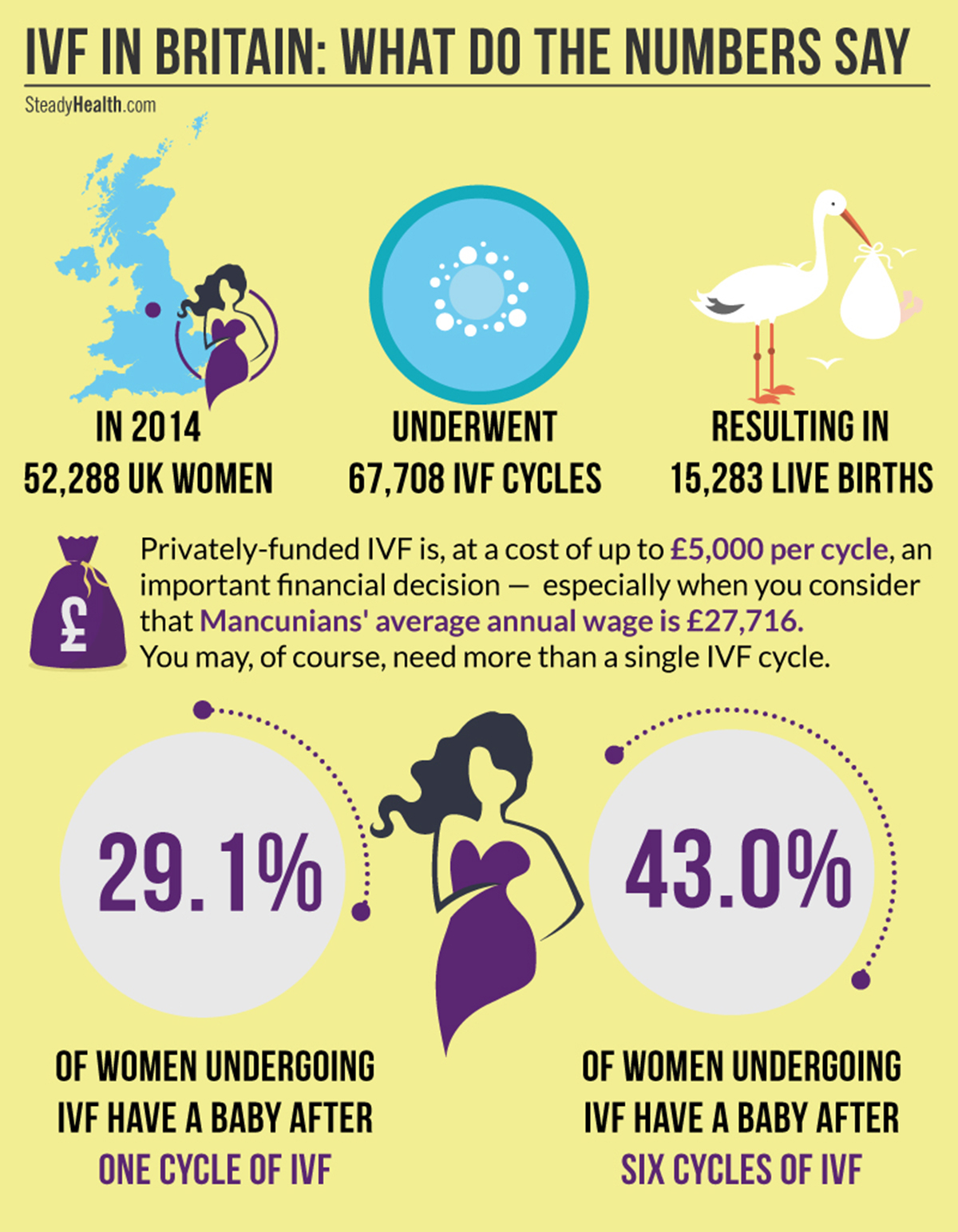All Categories
Featured
Table of Contents
What Is The Best The Fertility Group New Mexico Program?
Many individuals require fertility assistance. This consists of males and females with infertility, lots of LGBTQ people, and single individuals who desire to raise children. An estimated 10% of ladies report that they or their partners have ever received medical aid to end up being pregnant. Regardless of a need for fertility services, fertility care in the U.S.

Usually, fertility services are not covered by public or personal insurers. Fifteen states need some personal insurers to cover some fertility treatment, however significant gaps in protection remain. Only one state Medicaid program covers any fertility treatment, and no Medicaid program covers synthetic insemination or in-vitro fertilization.

This indicates that in the absence of insurance protection, fertility care is out of reach for lots of people. Less Black and Hispanic ladies report ever having actually utilized medical services to conceive than White women. This is an outcome of numerous factors, including lower incomes usually amongst Black and Hispanic women as well as barriers and misunderstandings that might discourage females from looking for assistance with fertility.
A Better Fertility Clinic New Mexico?
Transgender people undergoing gender-affirming care might also not fulfill requirements for "iatrogenic infertility" that would certify them for covered fertility preservation. Many individuals need fertility assistance to have children. This might either be due to a medical diagnosis of infertility, or due to the fact that they remain in a same-sex relationship or single and desire kids.

Fertility treatments are costly and frequently are not covered by insurance. While some private insurance strategies cover diagnostic services, there is really little coverage for treatment services such as IUI and IVF, which are more expensive. The majority of people who use fertility services must pay out of pocket, with expenses often reaching thousands of dollars.
About 25% of the time, infertility is brought on by more than one aspect, and in about 10% of cases infertility is unusual. Infertility estimates, however do not account for LGBTQ or single people who might also require fertility support for household structure. Therefore, there are varied factors that may prompt people to look for fertility care. garbage dumpster rental.
How Much Does A Reproductive Clinic Near Me New Mexico Cost?
35.1032817398624,-106.530798572444Patient Info Series. 2017 Our analysis of the 2015-2017 National Survey of Household Growth (NSFG) finds that 10% of women ages 18-49 state they or their partner have ever spoken to a physician about ways to assist them end up being pregnant (information disappointed).3 Amongst women ages 18-49, the most commonly reported service is fertility suggestions ().
Many patients do not have access to fertility services, mainly due to its high expense and minimal protection by private insurance and Medicaid. As an outcome, many individuals who utilize fertility services need to pay out of pocket, even if they are otherwise insured. Expense expenses vary widely depending upon the patient, state of residence, service provider and insurance coverage plan (dumpster rental near me).
Figure 3: Fertility Treatments Usually Expense Patients Countless Dollars Insurance coverage of fertility services differs by the state in which the person lives and, for people with employer-sponsored insurance, the size of their company. Numerous fertility treatments are not thought about "clinically needed" by insurer, so they are not generally covered by personal insurance strategies or Medicaid programs.
What Is The Best The Fertility Group New Mexico?
g., testing) are more most likely to be covered than others (e. g., IVF). A handful of states require coverage of fertility services for some fully-insured personal strategies, which are regulated by the state. These requirements, however, do not apply to health strategies that are administered and moneyed straight by employers (self-funded plans) which cover six in ten (61%) workers with employer-sponsored medical insurance.
2 states (CA and TX7) require group health plans to offer a minimum of one policy with infertility coverage (a "mandate to provide"), but employers are not needed to choose these strategies. Figure 4: Most States Do Not Need Personal Insurance Providers to Provide Infertility Benefits Nevertheless, in states with "mandate to cover" laws, these only use to specific insurance providers, for certain treatment services and for certain patients, and in some states have financial caps on costs they should cover ().
In other states, practically all insurance companies and HMOs are included in the required (small dumpster rental prices). Numerous states provide exemptions for small employers (
Latest Posts
What Is The Best Infertility Clinics New Mexico To Buy
What Is The Best Infertility Clinics New Mexico Holder For Car
What Is A Good Price For A Ivf Clinics Near Me Albuquerque Nm?